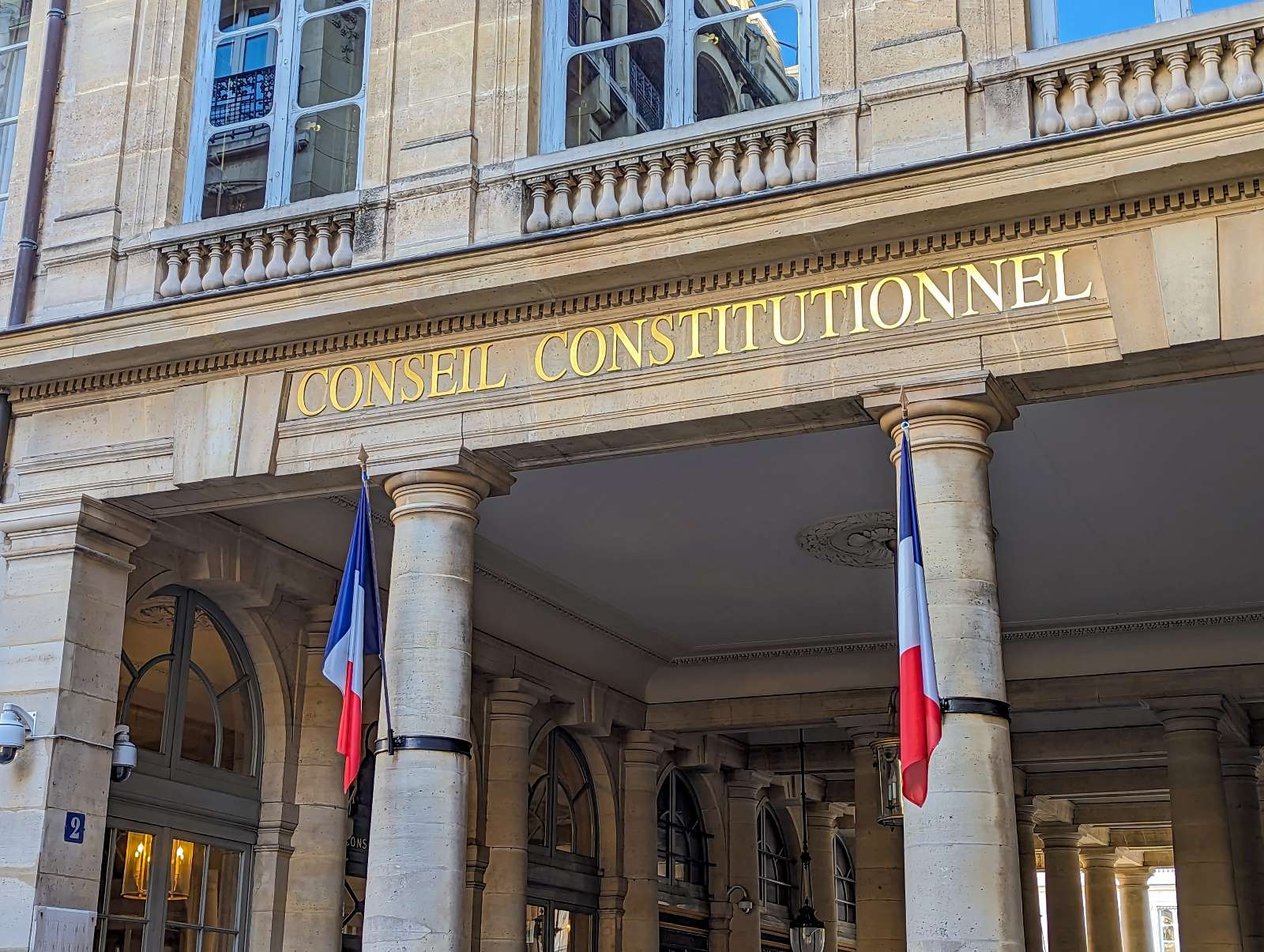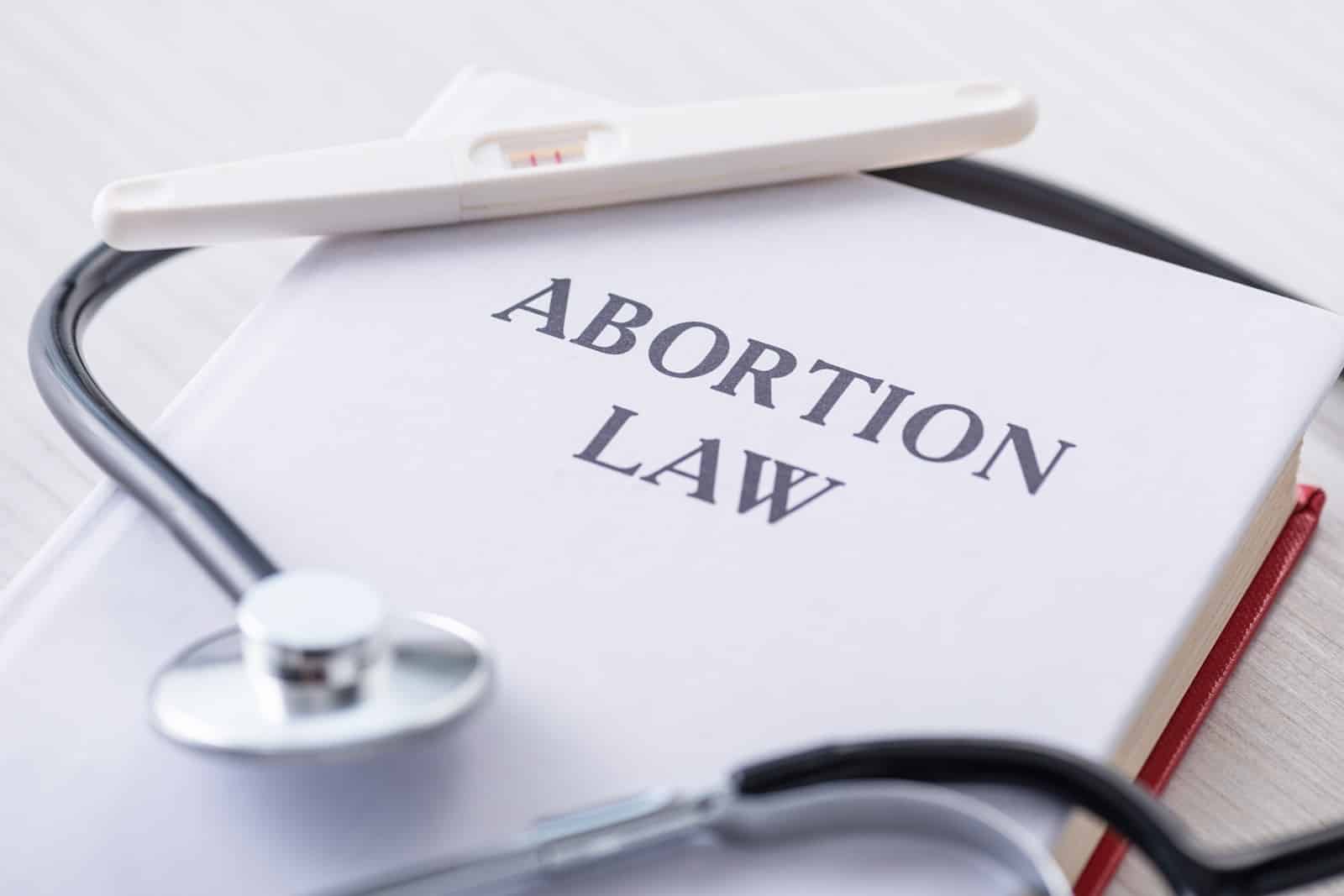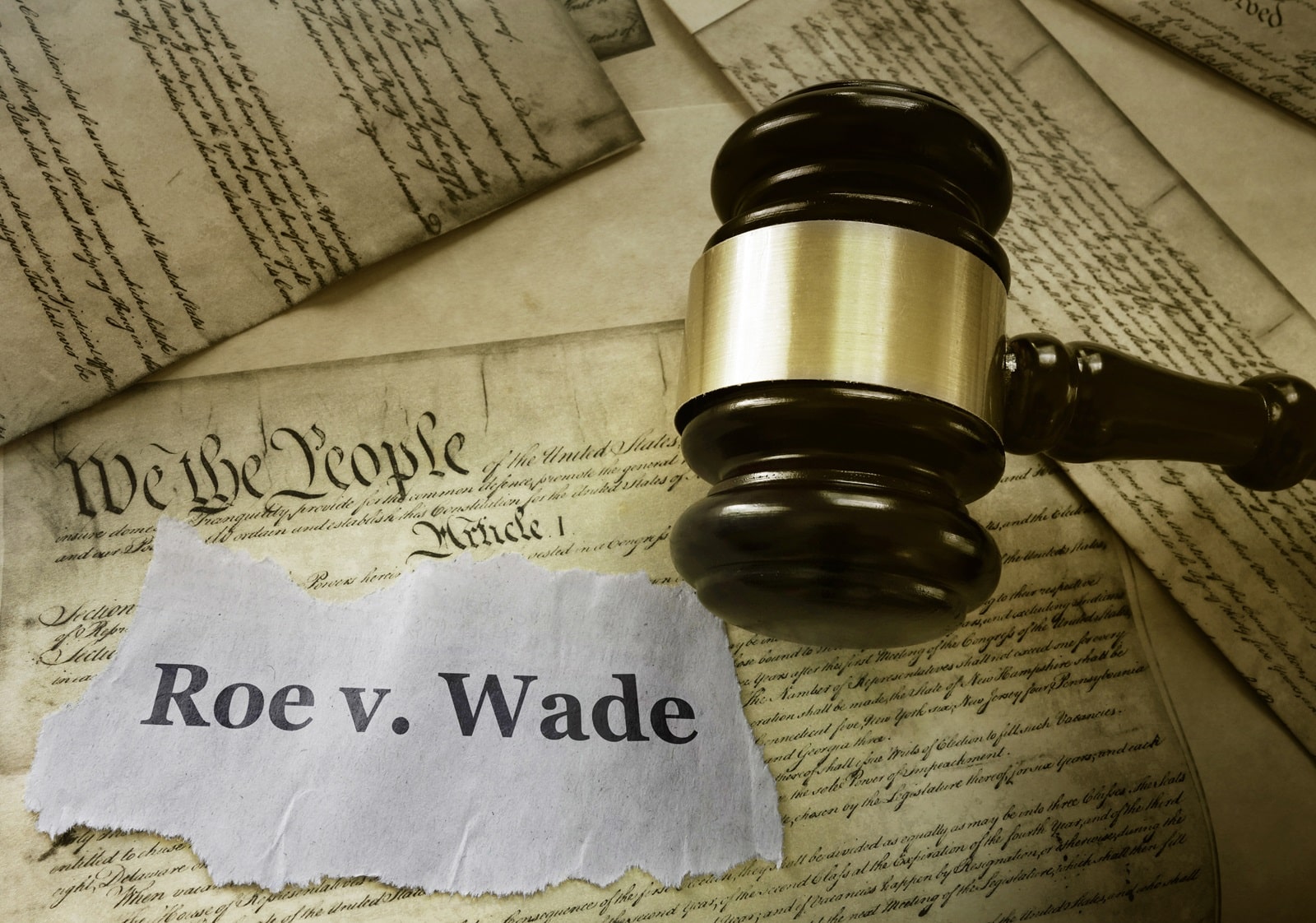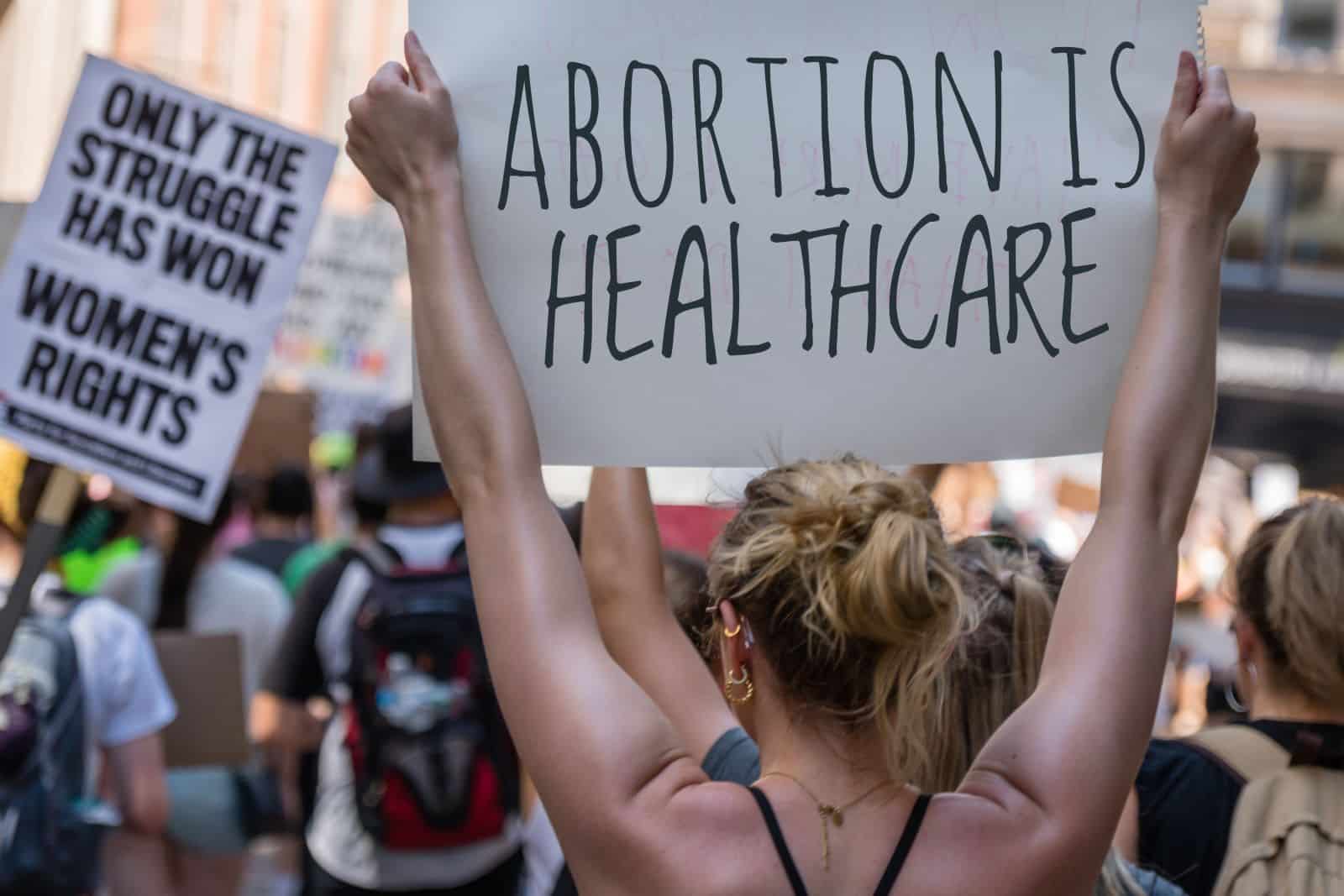France is set to become the first nation to explicitly recognize abortion as a fundamental human right in its constitution, following a movement led by President Emmanuel Macron in response to global concerns over the erosion of abortion rights, after the U.S. Supreme Court’s decision to overturn Roe v. Wade.
Changing the Constitution

France is getting ready to become the first country that will explicitly refer to abortion as a fundamental human right in its constitution. This constitutional amendment comes after President Emmanuel Macron responded to the U.S. tightening its regulations on abortion practices.
Women’s Freedom

On X, formerly known as Twitter, President Macron wrote, “I am committed to making women’s freedom to have an abortion irreversible by enshrining it in the constitution.’
The Lax Determines The Conditions

Macron also said, “The law determines the conditions by which is exercised the freedom of women to have recourse to an abortion, which is guaranteed.”
Voting for Change

The special congress of the two chambers would be held at the Palace of Versailles, where a three-fifths majority vote would be required to amend the constitution.
Women’s Access To Abortion

If the amendment passes, it will specify that laws will outline the conditions for women’s access to abortion, thereby guaranteeing abortion access as a right.
Response To Legal Concerns

The proposed amendment, targeting Article 34 of the constitution, is a direct response to global concerns over the erosion of abortion rights.
Taking Back Roe v. Wade

The larger conversation and concerns about abortion were recently sparked by the U.S. Supreme Court’s decision to overturn Roe v. Wade in 2022, with the intent to limit the access and availability of abortions in America.
The Need For Abortion Rights

Strong public support for the change was illustrated by polls showing that about 85% of the French population favoured it. The debate reflected very little of the widespread consensus over the need for abortion rights, with critics mostly appearing to come from a fringe of right-wing lawmakers.
The Overwhelming Approval

The legislative journey of the amendment runs from the overwhelming approval of the National Assembly in January to a very large majority vote in the Senate.
Comparing Support

It is interesting to see this overwhelming support for the bill across the French political spectrum when compared to the discourse surrounding abortion in America, which remains highly charged and divisive.
Government Support

Justice Minister Eric Dupond-Moretti hailed the Senate vote as a “historic” advance for women’s rights. This view is echoed through wide government support and several political parties not fundamentally opposed to the right to abortion, which was decriminalized since 1975 in France.
Possible Anti-abortion Legislative

The amendment’s progression is also seen as a protective measure against potential future threats to abortion access, with the French government and supporters advocating for constitutional protection as a bulwark against possible anti-abortion legislative majorities.
Critics Worry

Critics of the constitutionalization effort argue not against the right to abortion per se but question the necessity and potential implications of embedding specific rights within the Constitution.
Expanding List Of Rights

The critics caution against the Constitution becoming a repository for an expanding list of rights, which could dilute its intended purpose of outlining fundamental principles.
The Importance of Symbolic Actions

Despite these concerns, proponents argue the importance of symbolic actions in the realm of women’s rights and the need for proactive measures to ensure these rights are protected against a backdrop of rising “reactionary” social changes in Europe and beyond.
A Formality Vote

The final step in the legislative process is a joint congress of parliament, expected to be largely a formality given the widespread support for the bill. This session, called by Macron for a final vote, underscores the government’s commitment to solidifying this landmark amendment.
Extention Of The Legal Timeframe

The initiative for this constitutional amendment reflects a broader trend of legislative evolution concerning abortion in France, including the recent extension of the legal timeframe for abortions to 14 weeks of pregnancy, aimed at enhancing access and safeguarding women’s rights.
Not Just An International Trends

Making such a push to include abortion rights in the French constitution is a response not just to international trends but to define the country, in many ways, as a standard-bearer for the issue. It is a response to Macron’s efforts to firm up his political standing and his party’s support for progressive values amidst a flurry of attacks and jockeying.
More Articles Like This…
Broken Britain: 12 Reasons Behind the UK’s Decline
Say the Unsayable: 10 Occasions When Farage Spoke His Mind About Britain
The post France Set to Make Abortion a Human Right in the Constitution first appeared on Edge Media.
Featured Image Credit: Shutterstock / ColorMaker.
Keegan Leighty is a committed writer known for his impactful work in bringing attention to societal issues and injustices, using his platform to advocate for change and awareness. He also writes satire and stand up.

